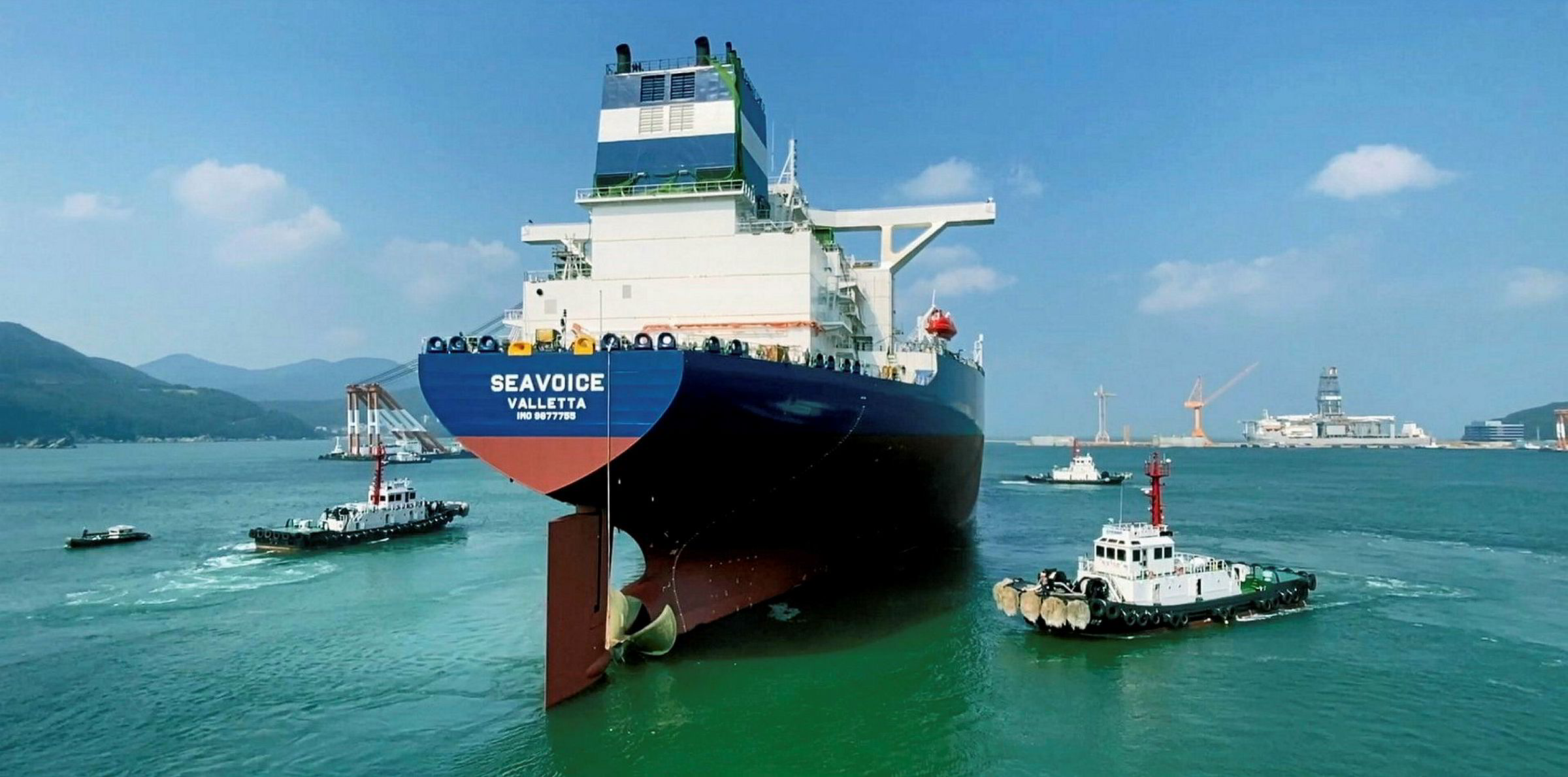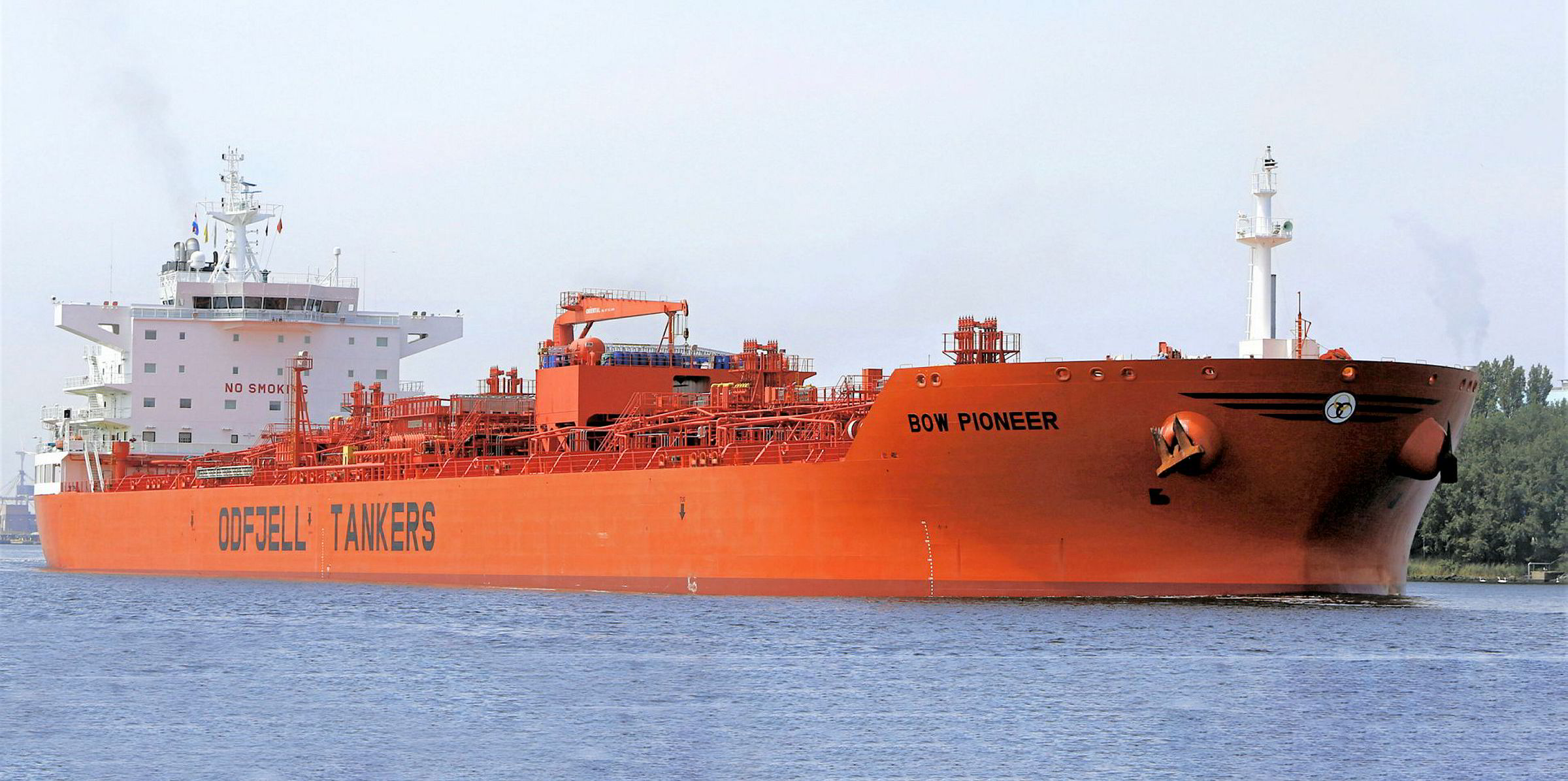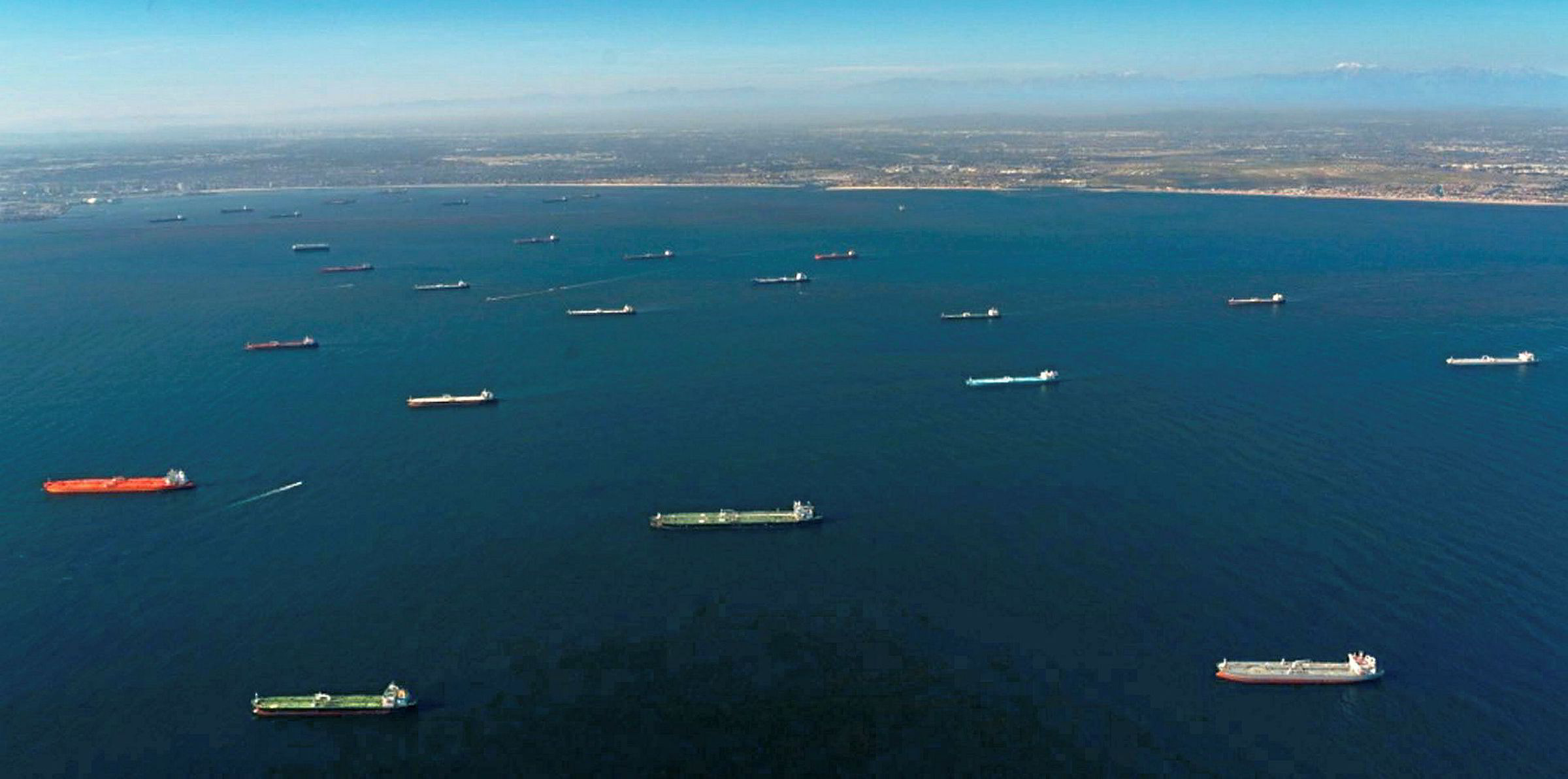Some trading houses have pulled out of recent period fixtures of VLCC newbuildings amid falling rates and limited opportunities for arbitrage trade and contango plays, market sources said.
TradeWinds previously reported at least three VLCC newbuildings were tentatively fixed for storage or gasoil shipments during their maiden voyages on time charters that last for at least six months .
But Gunvor subsidiary Clearlake Shipping reportedly did not go through with the fixture of Navios Maritime Acquisition’s 310,000-dwt Baghdad (built 2020) for six to nine months at $42,000 per day.
The vessel is due to be delivered from Imabari Shipbuilding next month.
Also, Trafigura’s six-month charter of the 300,200-dwt Seavoice at the same rate was said to have failed. The Thenamaris vessel is due from Daewoo Shipbuilding & Marine Engineering in October.
Some brokers said the traders dropped their deals amid recent weakness in VLCC trade.
Spot VLCC earnings on the benchmark Middle East-China routed fell to $7,700 per day on Friday, below operating expenses and down 58.2% over the past week, Clarksons Platou Securities estimated.
Analysts said the freight market continues to be plagued by limited cargo availability due to the Opec+ production cuts and renewed oil demand weakness during the second wave of coronavirus pandemic.
Reflecting lower spot rates, Total’s chartering arm CSSA was said to fix the Seavoice for six months at $40,000 per day for carrying clean products in its first voyage.
'Speculative' deals
“The majority of recent fixtures were done on a speculative basis,” said a broker.
TradeWinds has approached Gunvor, Total, Navios and Thenamaris for comment. Trafigura declined to comment.
Oil players had believed the contango in European gasoil futures – where winter cargo price is higher than the spot level – would result in more floating storage in the Amsterdam-Rotterdam-Antwerp area.
But some analysts said the actual amount of gasoil entering storage might be below expectations. Moreover, weak gasoil demand in Europe would result in fewer arbitrage shipments from Asia.
“I am not surprised some fixtures failed. Contango isn’t that deep, and the arbitrage window is not nearly wide enough,” one of them said.
Another said: “I don’t think the economics are there for a second wave of floating storage to happen.”
The amount of oil stored at sea reached an all-time level in the second quarter, with the demand collapse triggered by Covid-19 and a price war among major producers.
But stocks in floating storage have been gradually released since summer amid a gradual, albeit slow recovery in global oil demand.






